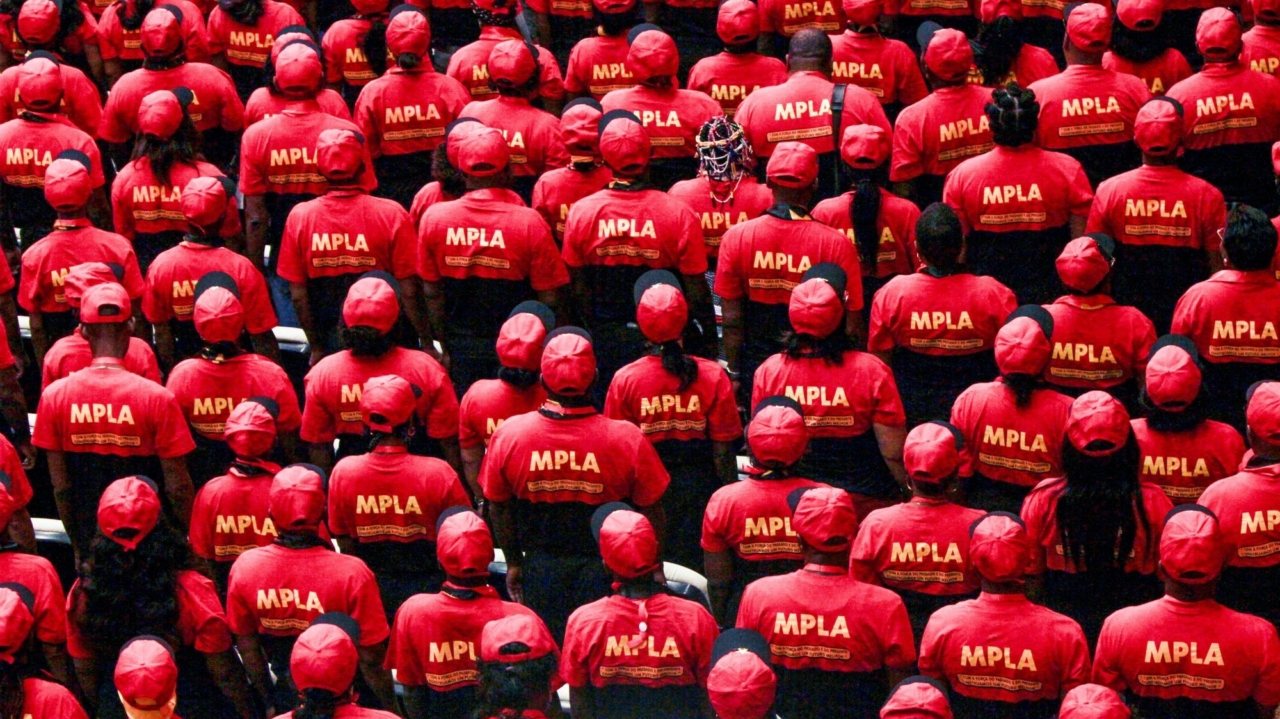Even in a “competitive field” that favours those who control the state, the MPLA loses voters year after year. “It is clear that there is a change in the electorate,” says the researcher.
Angolan writer Carlos Pacatolo pointed to high abstention and socio-demographic change in the electorate as the basis for the diminishing dominance of the MPLA, the party in power since 1975, in Angola’s party system.
The author of the book “The Declining Dominance of the MPLA in the Party System in Angola” 2008-2022, presented this Thursday in Luanda, in a very crowded ceremony, attended by several Angolan civil society figures, politicians and academics. He also concluded that the coalition strategy used by the opposition, led by the National Union for the Total Independence of Angola (UNITA), in the 2022 general elections, also contributed to this decline in the dominance of the Popular Movement for the Liberation of Angola (MPLA).
Speaking to Lusa, the researcher, who holds a PhD in Political Science and International Relations from the Institute of Political Studies at the Catholic University of Portugal, said that the work was based on official electoral data, which led to the conclusion that from 2008 to 2022 “the MPLA has been declining.”
The MPLA loses a million votes compared to 2017 and UNITA adds another million
“Despite being the party that dominates our party system, this dominance is characterised by a decline. This is the observation that motivated our research, trying to understand what can help us explain why the MPLA dominates, but in a decreasing way, in the last four elections,” he stressed.
Carlos Pacatolo stressed that the MPLA is a dominant party in the party system, because it has won elections four times in a row, however, it is declining even “in the area of unbalanced democratic competition, in favor of those who govern, in favor of those who have control of all the media, favor of those who have control of the State“.
“Despite this context, what we see is that it is declining, this is what motivated our academic curiosity, our research, to try to understand what is happening in Angolan society, especially what is happening with Angolan voters,” he stressed.
“Have they stopped voting, is the number of people voting decreasing or is there something more going on than the obvious? In addition to the data we analyse, whether it is opinion polls or interviews, they give us several clues to understand this decreasing dominance of the MPLA,” he added.
According to the writer, from the start, “it is clear that there is a change in the electorate, there is an electorate that is increasingly younger,” but that also votes less, without knowing the reasons, with the only certainty that “whoever manages to mobilize this electorate to vote can have a surprising electoral performance.”
“What we also know is that in addition to this demographic change that is taking place in the Angolan elections, the fact that the opposition has presented itself as a coalition in the 2022 elections, in a coalition that we call a coalition of will, also contributed to “A decrease further accentuated what has been the dominance of the MPLA, since, for the first time, UNITA reaches 90 deputies,” he stated.
Elections in Angola. “There was a direct migration of votes from the MPLA to UNITA”
In the last elections, Carlos Pacatolo added, the MPLA went from being the party that dominated with a qualified majority to having an absolute majority, which points to results that are still unknown.
According to the author, one of the answers that the data shows is the high abstention of voters who would traditionally vote for the MPLA and, above all, did not vote in these last elections, who “when asked whether to vote for the MPLA and the “Those who vote for the opposition prefer to vote for the MPLA, but when asked whether not to vote or vote for the MPLA, they choose abstention.”
“Just think that in 2022, abstention reached 55%, there is a lot of abstention, the biggest challenge is to mobilize these dissatisfied people, to mobilize those who decide not to vote, whoever achieves this feat will surely win the elections,” he said. stressed.
Carlos Pacatolo also highlighted that the Younger voters do not vote “for reasons of identity voting””That is, because he or she is a militant or his or her parents were also militants, but with a more evaluative sense of voting, especially with regard to the government’s performance.
This book published now was the doctoral thesis of the writer, in 2023, who is already thinking about moving towards an investigation into the reasons for electoral abstention.
Source: Observadora
